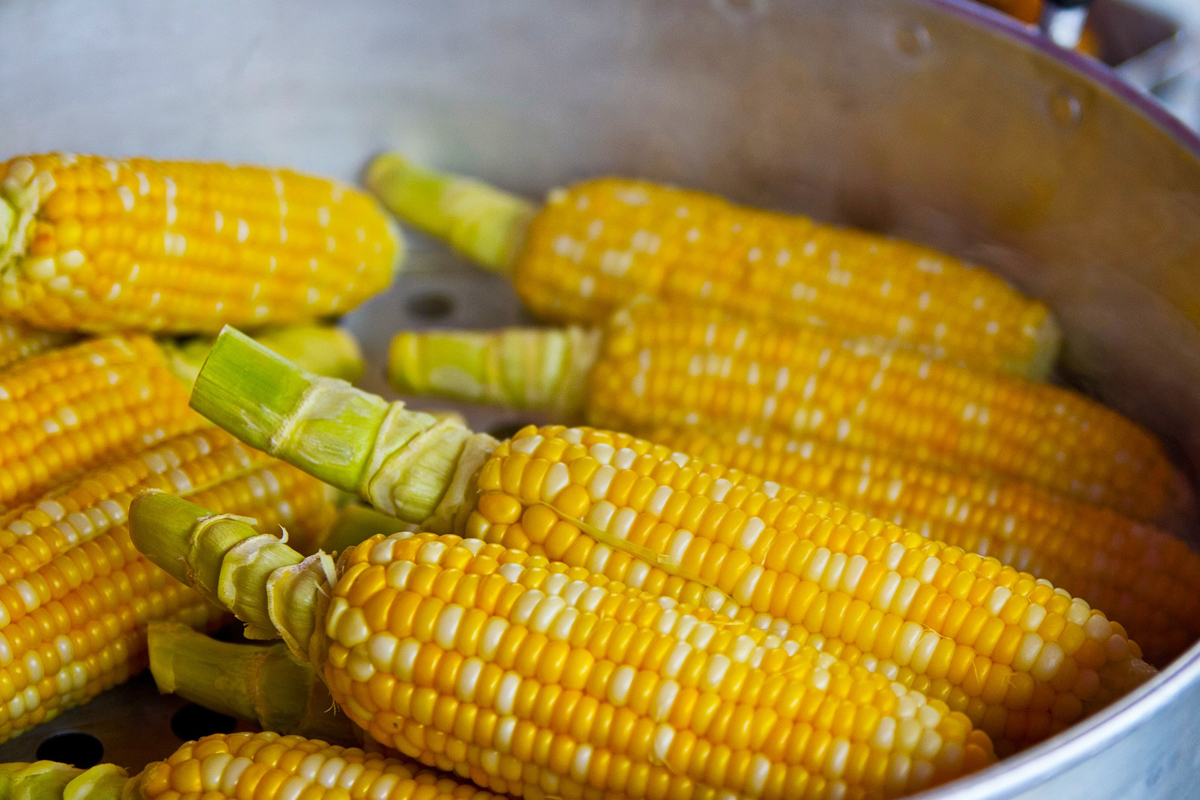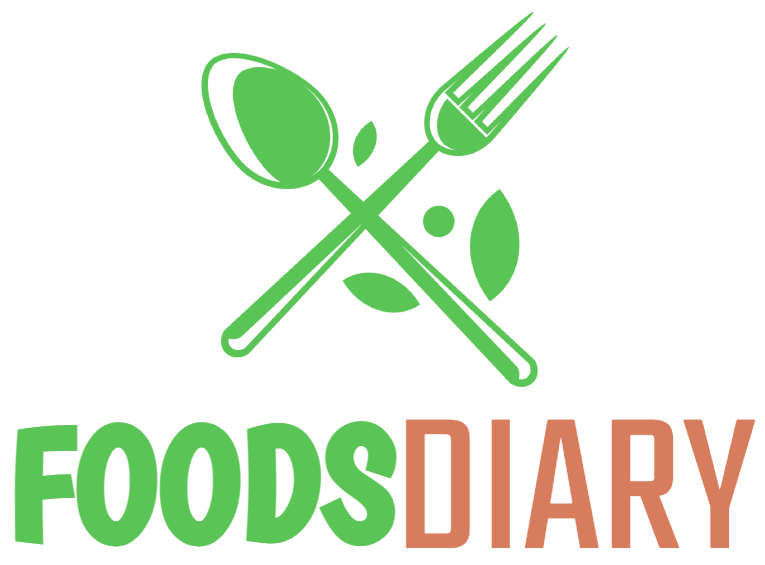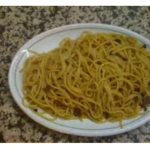Corn is at the top of the most consumed cereals in the world. However, many people debate whether or not it is beneficial for people with celiac disease. A group of researchers argue in favor of its permanence in the gluten-free diet, others allege that it can be harmful for celiac patients. Who is right? Does corn have gluten or not? we tell you everything you need to know about the corn-gluten relationship.
On the other hand, we also talk about foods derived from corn and answer other common questions about the gluten content in these derivatives. Read on and find out if corn is suitable for coeliac or not!
Does corn have gluten or not?
Corn, along with rice and wheat, is one of the most cultivated and consumed cereals in the world. The origin of this food dates back to pre-Columbian civilizations, which considered it sacred and essential in their diet. Today, it is classified as a gluten-free cereal, highly appreciated for its great nutritional value and highly recommended for people with celiac disease. However, in recent years a scientific controversy has arisen about the effects of corn on celiac people. According to some research, corn could trigger a type of reaction very similar to that caused by gluten.
Gluten is an amorphous erratic protein found in many cereals. It has two fractions called gliding and gluten in, which cause an unfavorable immune reaction called celiac disease. These types of plant proteins are known as protamine.
Corn is gluten -free, but it does have a protamine that is structurally very similar to gliding. When celiac disease is active, antibody levels in the body may rise and react against all gliding-like proteins. Thus, protamine such as seen and casein can cause responses similar to those caused by gluten foods.
According to the magazine, this physiological phenomenon may be due to the fact that the permeability of the intestinal barrier of celiac is affected, so that some proteins or peptides can cross it. Finally, the article concludes that “consequently, it is not always enough to eliminate gluten from the diet of celiac patients; in some cases it is necessary to suppress milk or corn. Gluten-free products must anticipate this problem and consider it in the labeling”.
Is corn suitable for celiac?
The phenomenon that occurs when there is a reaction to two similar protamines, as in the case of seen and gliding, is called cross reaction. This consists of an immune reaction to other foods for having similar molecules. Other protamine, such as casein, can also be part of this phenomenon. Although some researchers suggest that the presence of seven (and even casein) has caused adverse reactions in patients on a gluten-free diet, other scientists believe that corn is perfectly healthy for people with celiac disease.
In this case, we recommend that you and your doctor determine whether you should consume corn and milk, depending on your level of intolerance to toxic proteins. If your doctor approves the consumption of corn, you should also consider the possibility of cross-reaction, so we recommend that you check the label of gluten-free products.
Other chemicals that can provide seen are aspartame, citric acid, dextrose, starch, acetic acid, and flavorings.
For all of the above, it is not possible to determine if corn is good for all celiac or not. Corn does not have gluten, it is true, but as we have seen it can present a similar reaction, which is why an answer must be obtained after observing if a reaction occurs or not.
Does corn flour have gluten?
Flour is the fine powder obtained by grinding foods rich in starches, such as cereals and other natural products. There is a wide variety of options when it comes to flour, since it can be prepared from legumes (chickpeas, beans), seeds (sesame, flaxseed, etc.), fruits (coconut, banana), nuts (almonds, nuts) and, most commonly, cereals (wheat, barley, rye, rice, corn).
Corn flour, coming from a cereal that naturally does not contain gluten, is part of the foods without TACC (wheat, oats, barley and rye). However, as this food is industrially processed, it has a potential risk of cross contamination. This type of contamination can occur in cultivation, storage, transportation, factory processing, store storage, or in the home. It is advisable to always read the label or buy products that say “TAAC-free” or “gluten-free”.
Does cornstarch have gluten?
Starch or starch is a macromolecule composed of two plant polysaccharides: amylose and amylopectin. Starch is the energy and glucose reserve of many vegetables. In humans, starch is the only complex carbohydrate digestible by the digestive system, since saliva manages to transform it into sugar.
Corn starch is one of the most popular starches. Culinary art lovers, whether novices or professionals, always have it at hand, as it is an essential resource in the kitchen. Since corn is gluten-free, cornstarch is also gluten-free. However, this does not mean that it cannot contain harmful toxins for celiac people. As we explained in the previous section, corn and its derivatives can be exposed to cross-contamination, so you must take the same precautions that you take with corn.
Other starchy foods include grains, legumes, nuts, and some vegetables. For this reason, you can find starch in bananas, potatoes, squash, butternut squash, peas, sweet potatoes, cassava, corn, and other vegetables. For humans, starch represents an important food resource and is highly valued in the world of confectionery and baking. On the other hand, it is also a food widely consumed by athletes, since the body assimilates it easily and provides carbohydrates.



